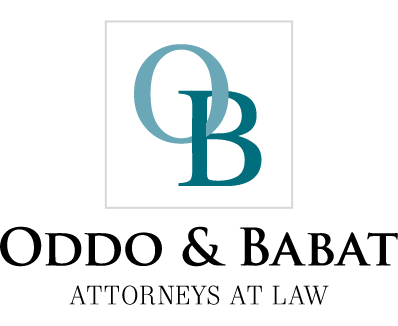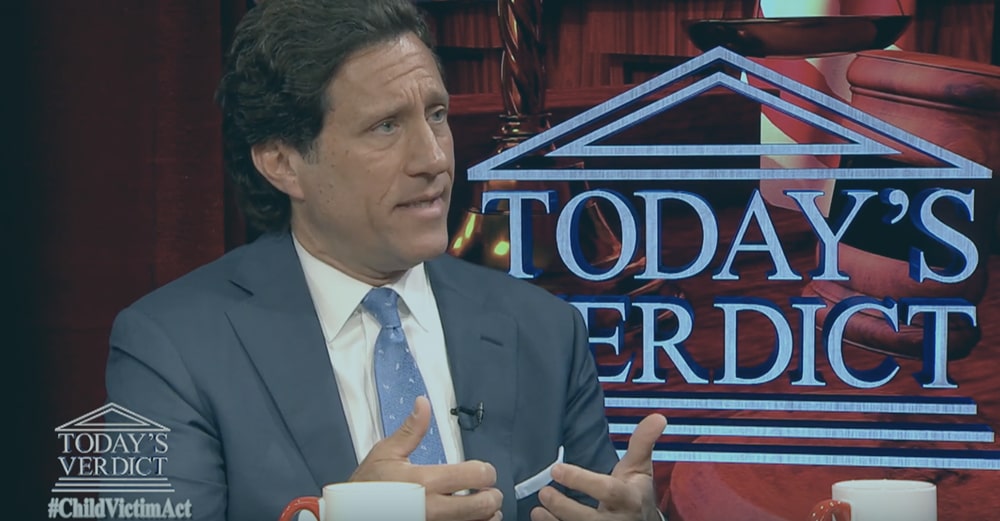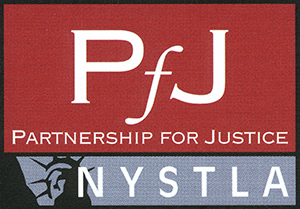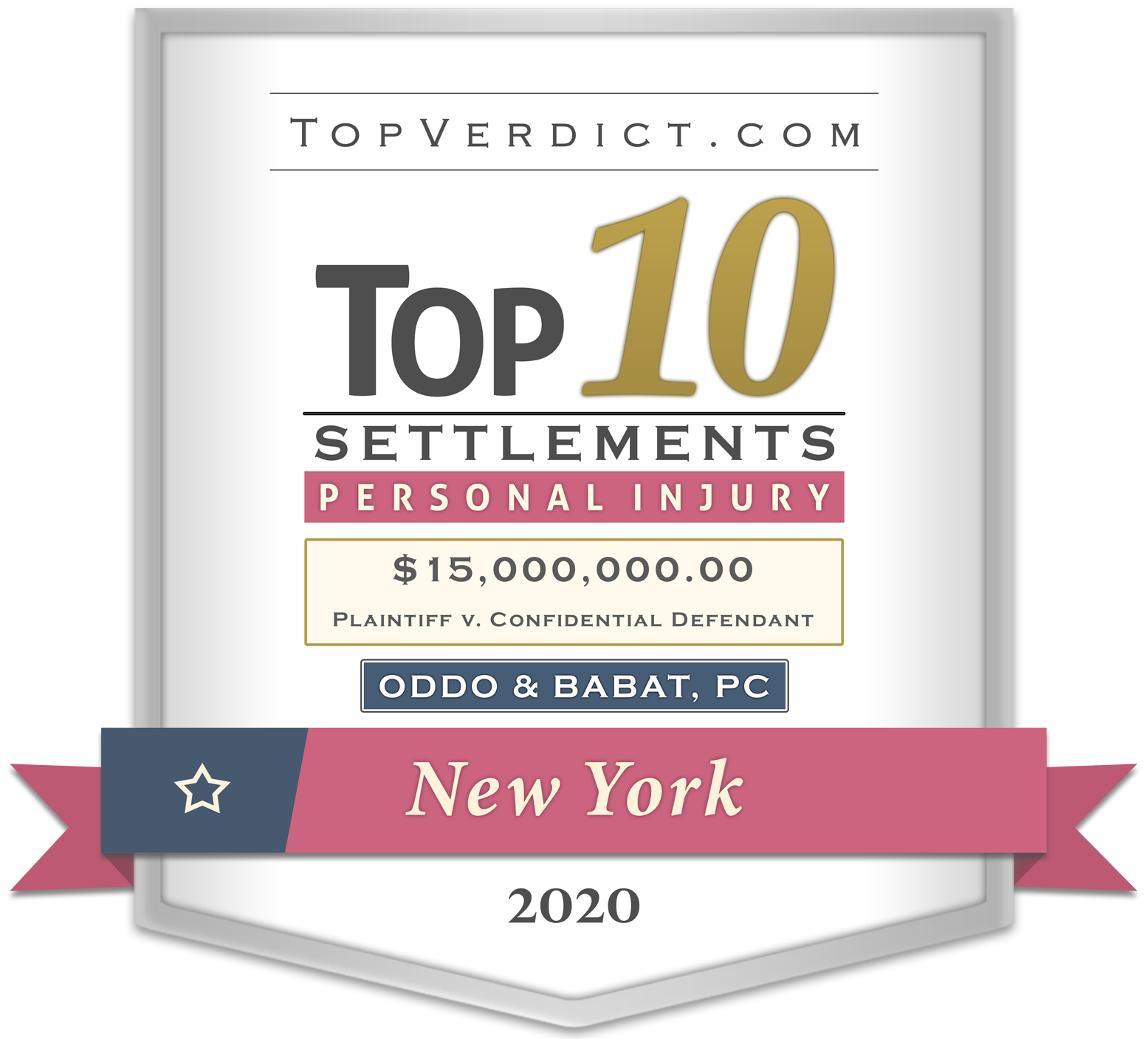New York Elevator Accident Lawyer
Dangers in Retail Establishments

Trips to the local mall are something that seems to be inevitable, whether shopping is something you enjoy or something you dread. Holidays, back-to-school shopping, or redecorating are just some of the reasons why shoppers descend upon America’s many shopping malls.
But what happens when a seemingly harmless visit to the mall turns into a nightmare? Accidents at the store are common and can be very serious. Falling merchandise, wet floors, and defective escalators can prove injurious or even deadly. As a result, it is important to contact a New York elevator accident lawyer as soon as you possibly can if you have been injured while shopping. Securing legal guidance right after your accident can help you to preserve your legal options and protect your rights.
Slip and falls continue to be the most common type of accident that occurs during shopping trips, accounting for over eight million hospital emergency room visits annually. However, several other circumstances can cause serious harm to innocent shoppers. If you have been hurt in an accident that occurred at a retail location, please schedule a consultation with , Oddo & Babat, as you may be entitled to financial compensation if the incident was caused by the negligence of the business you were shopping or the negligence of another party (such as an elevator manufacturer or building manager).
Treacherous Conditions
A myriad of circumstances can lead to serious or fatal injuries. While using common sense and taking proper precautions can certainly help shoppers avoid injury, sometimes an unpredictable event can lead to harm. If you were harmed while shopping due to negligence of a business owner, building manager or product manufacturer, you may be able to take advantage of numerous legal options. Every case is different, so it is important to contact a New York elevator accident lawyer before committing to a plan of action.
These are some examples of the types of conditions that have occurred in and around businesses and retail establishments that our firm may be able to assist you with:
Head and neck injuries caused by falling merchandise or objects. Causes can include precarious retail displays and hard to reach items
Faulty elevators or escalators and door malfunctions are common causes of shopping injuries
Overcrowding in stores can often become a major concern during peak shopping seasons or days, such as “Black Friday” or Memorial Day sales. The long wait, frayed tempers, aggression, rush, and crush of large crowds can lead to instances of trampling.
Slippery floors, improper signage and/or inadequate patrolling by mall security
A customer can sometimes be injured by a cart tipping over, or by being struck with a cart by another shopper
Poor parking lot conditions, such as failure to clear ice or snow, can also cause serious injuries. A poorly designed parking lot can also be dangerous.
These types of accidents can end with serious injury which can require lengthy and expensive rehabilitative treatment. Medical costs can be extremely high. If you are a successful litigant, a New York elevator accident lawyer may be able to help you recover financial compensation to cover the costs of your care and recovery.
Compassionate Legal Representation
If you have been seriously injured in a shopping accident that happened at an area mall, please contact a New York elevator accident lawyer today. The longer you wait to seek legal guidance, the more limited your legal options may become. Please do not hesitate to schedule a free consultation today.
A New York Elevator Accident Lawyer Answers Your Commonly Asked Questions
What Are Some of the Causes of the Elevator Accident?
In general, elevator accidents happen when the elevator is not maintained properly, and/or parts are defective. In either case, the following can occur:
- The elevator can suddenly drop
- The elevator can stop below or above the floors
- The doors of the elevator may fail to retract upon potential contact
- The doors close too quickly; thereby trap or crush a limb, appendage, or clothing
- A person trips on the edge of the floor as the enter or exit the elevator
The above are not exhaustive. If you were injured because of a faulty elevator, call a New York elevator accident lawyer now.
How Often Do Elevator Accidents Occur?
We take elevators for granted as a modern convenience in just about every commercial property with more than one floor. You’ve probably ridden thousands of times without incident – so often, in fact, that it doesn’t occur to you that something could go wrong.
That’s how it is supposed to be. Unfortunately, injuries and deaths are more common than you might think. According to the United States Bureau of Labor Statistics, more than 10,200 people are injured in elevators each year. And approximately 27 people lose their lives.
The problem is perhaps even more present here in New York. Between 2010 and the beginning of 2019, there were 500 elevator accidents throughout the city. Approximately 48 of those accidents resulted in serious injuries and 22 resulted in death. There is no question that the team at Oddo & Babat, P.C. is committed to helping the victims of these accidents and to helping ensure that fewer accidents occur in the future.
Who Is Liable for Elevator Accidents?
New York City has almost 70,000 elevators, which are subject to at least two inspections per year. The first inspection, mandated and overseen by the Department of Buildings, is conducted by a private contractor on behalf of the DOB. The second inspection is the responsibility of the building owner, who will generally hire a private company to do the inspection. There may be additional inspections by city inspectors if riders call 311 to complain about suspected safety issues.
Who is at fault after an elevator accident depends on a number of factors. Below are some scenarios and who would likely be held at-fault for any accidents, injuries and deaths:
- If private elevator inspections are not properly conducted and problems are missed, the company hired to inspect could be held liable for accidents occurring – particularly if they occur shortly after an inspection
- If an inspection reveals problems but the building owner fails to address them adequately and in a timely manner, the building owner would likely be held liable
- If an inspection company certifies that an inspection has taken place when no inspection was actually conducted, the company would face liability
- If a repair company failed to make adequate repairs, it could be held liable
- If an accident occurs during the repair process because the repair company failed to shut down the elevators or employed dangerous safety bypass techniques, the repair company would very likely be at fault and liable
- If there is a defect with a particular brand and model of elevator that is then involved in an accident, the manufacturer could be held liable in a product liability lawsuit
The examples listed above are not purely hypothetical. They have been identified by news investigators looking into safety problems in New York City by auditing investigators.
It is also important to note that in most cases, building owners would likely face liability for an elevator accident in addition to any other at-fault parties. It is ultimately the responsibility of the property owner to ensure that all amenities are safe and in working order.
What is “Duty of Care”?
Elevator accidents can happen in any building, including hotels, stores, warehouses, offices, and more. Most claims are premise liability claims and center around negligence. However, a New York elevator accident lawyer might feel that your own injury is better suited to a different type of claim.
In any case, there could be multiple liable parties including the building owner, a maintenance company, or a manufacturer. To determine negligence, the alleged at-fault party must have owed you a duty of care. The extent of this duty will depend on your status while on the property. For example, if you were trespassing, the duty of care may be much less than if you were there legitimately. If the liable party failed to adhere to their duty of care, such as to ensure the premise was safe, they may owe you compensation for your injuries.
What is an “Invitee”?
When it comes to liability on the part of the building owner, usually the injured person is an invitee. The invitee is a person who was on the premises for the purpose of benefiting another party. Invitees are typically owed the highest duty of care. The elevator must be made safe, warning signs must be posted, and the premise should be inspected on a regular basis.
What is “Res Ipsa Loquitur”?
In select cases a New York elevator accident lawyer will argue a doctrine known as “res ipsa loquitur”. This basically means the accident wouldn’t have happened without negligence occurring. In order to prove this, your lawyer must show:
- The accident would not have happened in the absence of negligence
- The elevator is under the control of the defendant
- There are no indications that the plaintiff caused the accident
Do You Need an Elevator Accident Lawyer in NewYork?
Elevator accidents can lead to costly medical care and other losses. The cases, and claims, are often very complicated and may involve corporations, large law firms, and big insurance companies as the defendant. You typically don’t want to go at a case like this without an experienced personal injury attorney on your side. For a consultation with a leading elevator accident lawyer, call Oddo & Babat now.


 I consulted with David the first time a couple of years ago on a serious matter that affected a very close member of my family. Not expecting a good experience from this serious situation coupled with an attorney consultation, the entire thing surprised me as it was pleasant, professional, and completely successful. We found him clear, direct, generous and extremely knowledgeable throughout the process. I give my very strongest recommendation
I consulted with David the first time a couple of years ago on a serious matter that affected a very close member of my family. Not expecting a good experience from this serious situation coupled with an attorney consultation, the entire thing surprised me as it was pleasant, professional, and completely successful. We found him clear, direct, generous and extremely knowledgeable throughout the process. I give my very strongest recommendation








